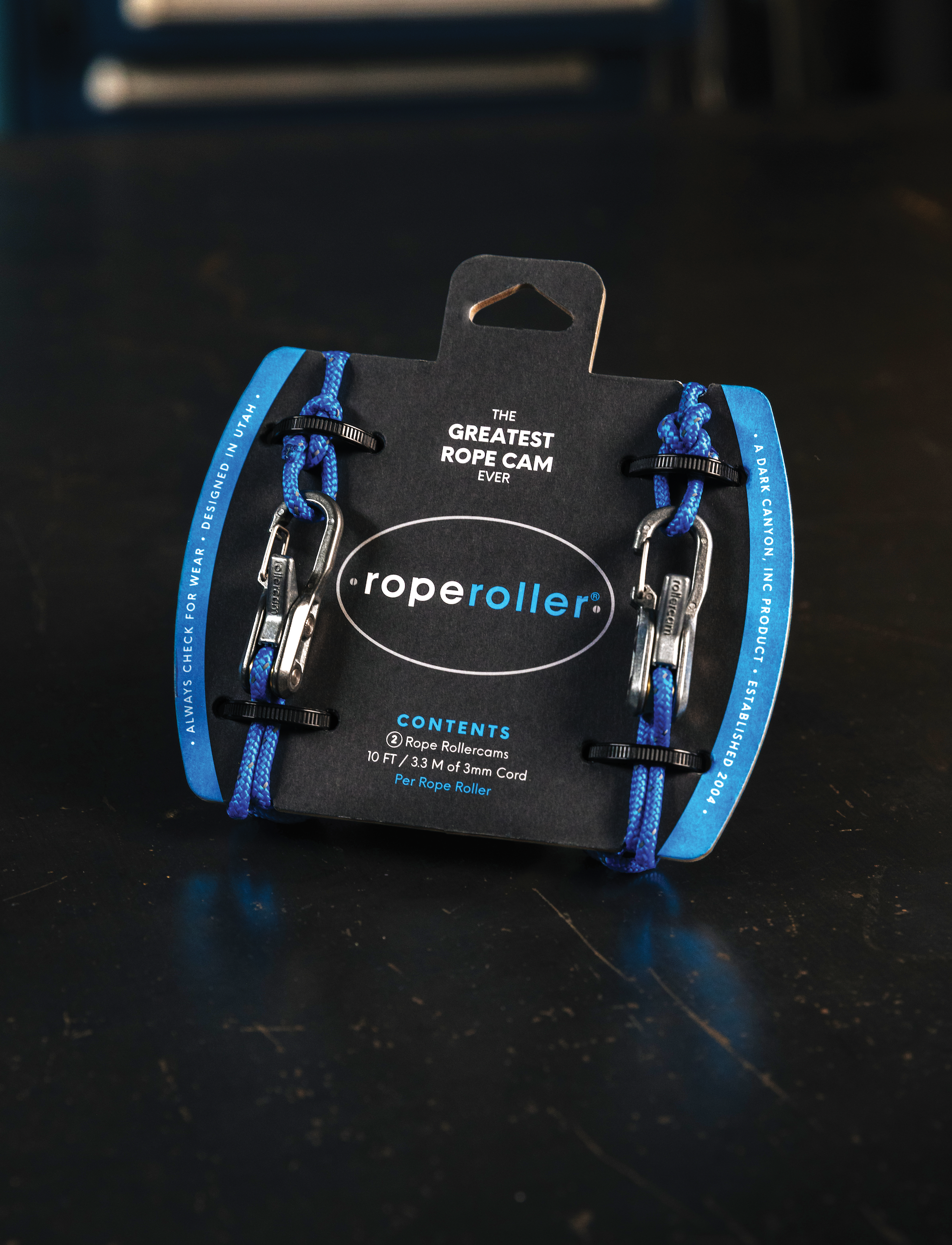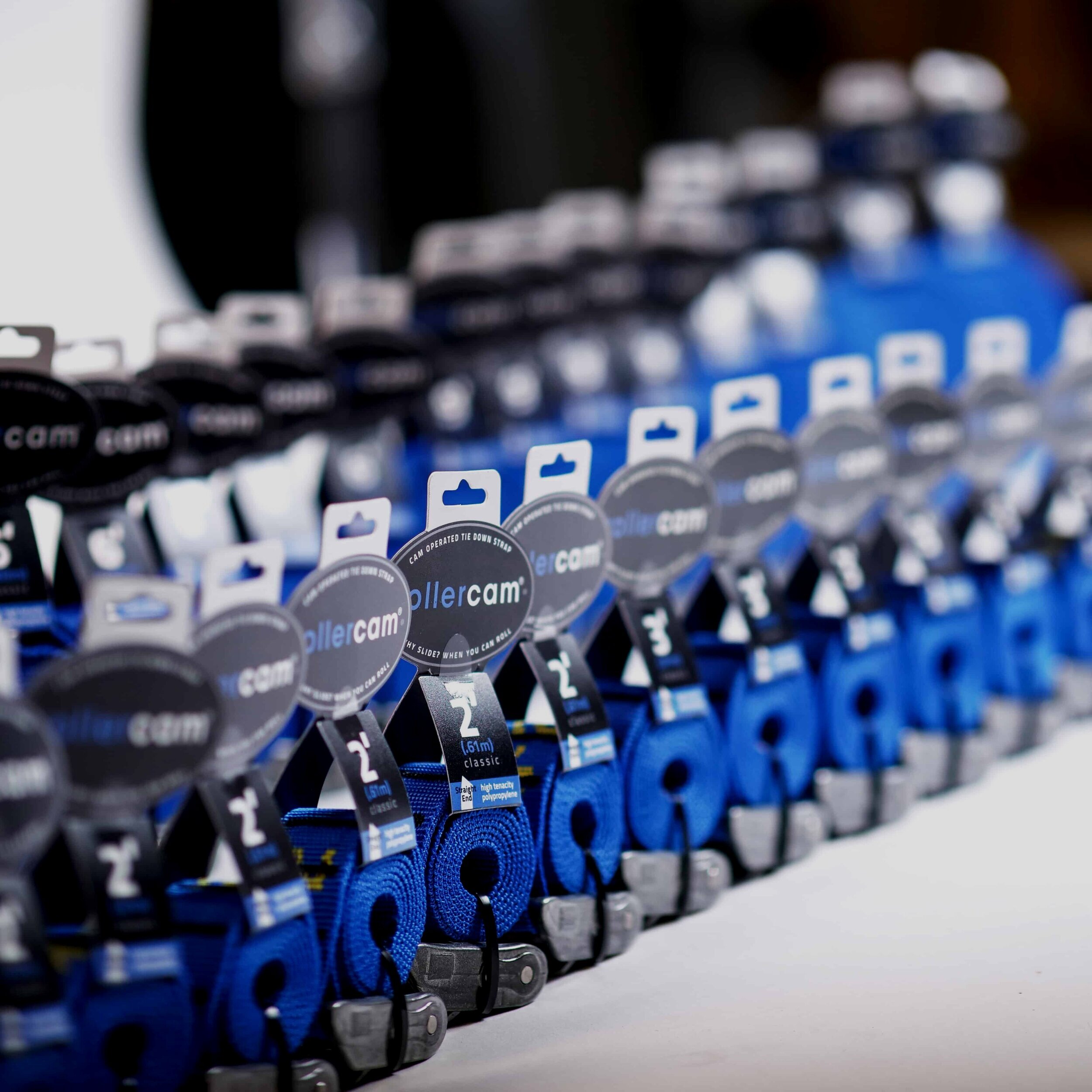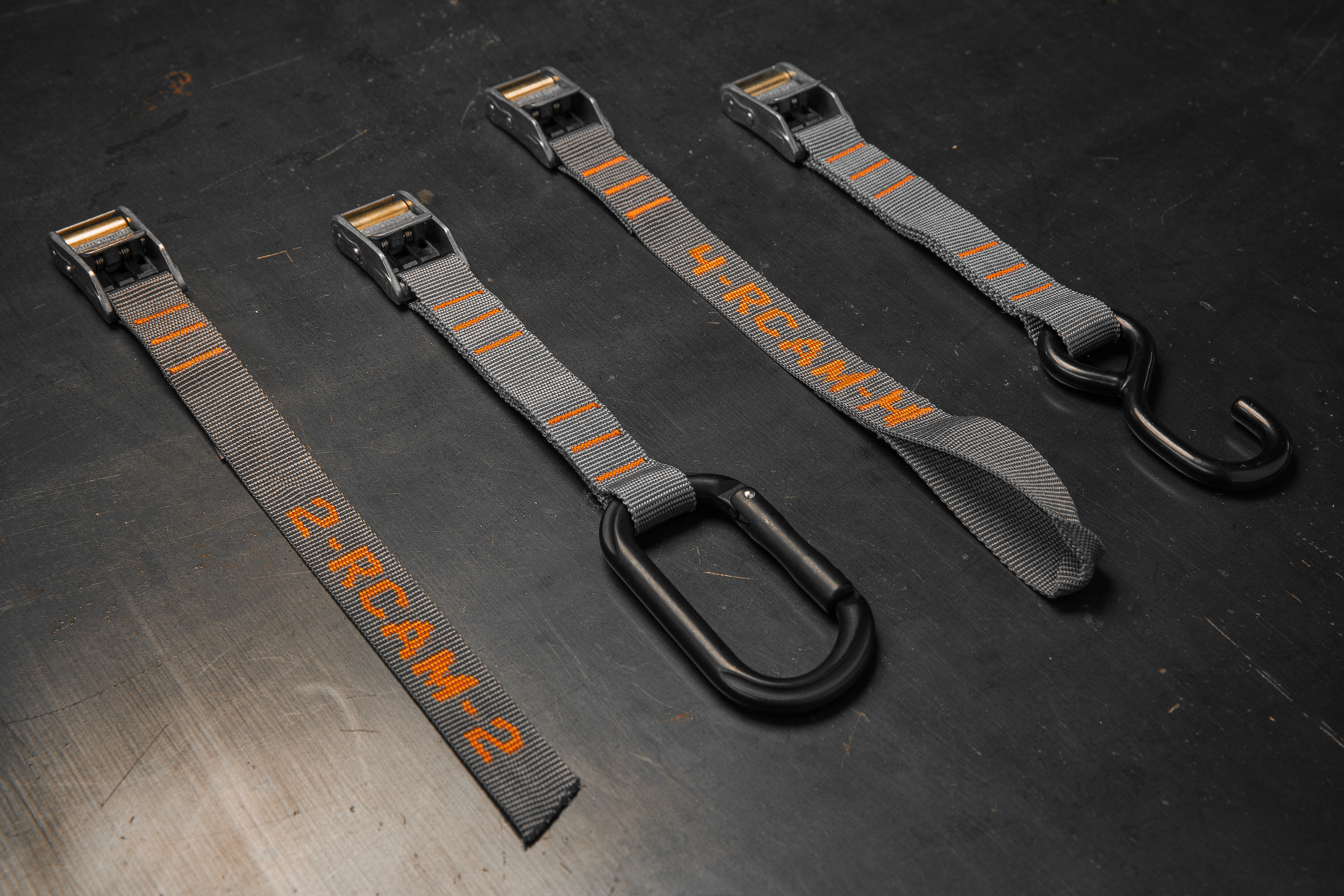Pick Your Adventure: Campgrounds or Free Camping
Every true overlander knows that the journey is more important than the destination. That being said, many weekend overlanders prefer camping at campgrounds vs free camping. Which is better? Neither. Both have their different advantages and disadvantages
By its very nature, overlanding can have you out in the wilderness for days at a time. Free camping is your only choice. But not every overlanding adventure has to keep you away from civilization for extended amounts of time — especially if you’re just leaving for the weekend. When you are not in the middle of nowhere, a public campground can be a refreshing change with the amenities you need to get back on the road.
Campground Advantages
Let's start with campgrounds and the clear advantages they have over free camping. First and foremost is access to civilization. We know many overlanders do what they do because they like the isolation and the beauty of the unobstructed outdoors. But there is something to be said for being close to civilization in case something goes wrong or your rig isn’t totally outfitted for overland expeditions.
Having access to amenities also means having access to:
Shopping – If you start running low on supplies, no worries. Most campgrounds have their own stores. Not only that, but you’re also usually within driving distance of the town.
Internet – Sometimes you just need access to the internet, especially for the digital nomads working from the road. Plus, hey maybe you need to order a few more Rollercams® and Roperollers®. You can order them and probably have them shipped right to the campground. (Check with campground staff, first.)
People – For the overlander who likes people and socialization, free camping is not always paradise. At a public campground, there are friends to meet and good times to be had.
Medical Care – Maybe the biggest advantage of staying at a public campground is access to medical care. Even if you need to drive 10 to 15 minutes to find the hospital, there is still one close by in the event something goes wrong.
We get that public campgrounds aren’t for everyone. But for the right trip, they do offer a refreshing change. There's nothing wrong with an overlander spending the night – or even a whole week – at a campground. There’s plenty of land to explore during the day.
Free Camping Advantages
Free camping is an entirely separate experience. You can free camp anywhere on public lands where the views are great and the experience awaits. Most overlanders into free camping prefer to be as far away from civilization as possible. There are benefits to that:
Isolation – Free camping often provides isolation and quite space which is the most rewarding thing about camping in the middle of nowhere. When you are isolated, you can enjoy nature for its own experience.
Fewer Distractions – Free camping in the middle of nowhere means fewer distractions to keep you from nature. If enjoying nature is the whole reason you overland, you probably find free camping right up your alley.
Adventure – There's nothing quite like the adventure of finding that perfect spot up in the mountains or at the edge of the woods or Dubinky Well. You just can recreate the great outdoors at a campground.
Of course, free camping requires that you carry all your supplies and expedition materials with you. You’ll need a fully outfitted rig, plenty of food and water, your Roperoller® rope cams, propane, batteries, first aid, and so much more to make it through the entire trip. There's no running down to the corner store when civilization is hours away.
Public campgrounds and free camping both have their pros and cons. Maybe you prefer one over the other. Perhaps you do both. That's the beauty of overlanding. It is about the journey rather than the destination. You can get your overlanding groove on regardless of where you spend each night. Don't be afraid to try both. You might be surprised by what each one has to offer.




